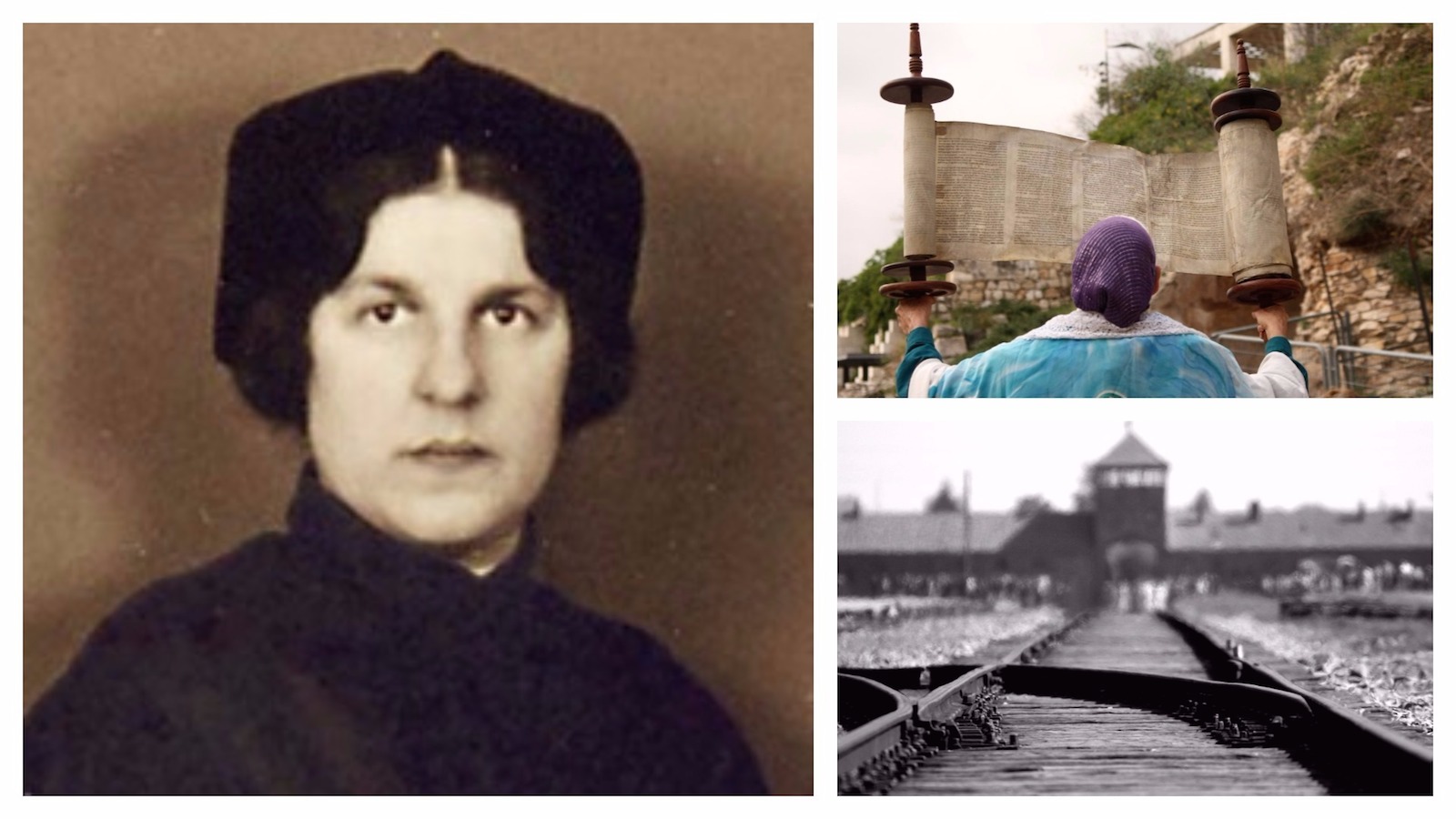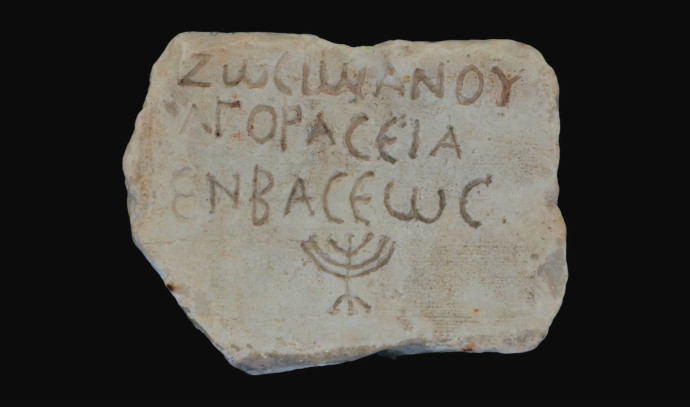Walking in historic
Palermo, regional capital of Sicily – the vast island off of the boot of the Italian peninsula – visitors will see street signs written in Hebrew and Arabic, as well as Italian. The newly-placed signs pay homage to the island’s Jewish and Moorish roots. Though little survives, the Jewish presence in Sicily dates back to the Roman era and represents an important page of the island’s history, as explained in the temporary exhibit “Documenti di storia ebraica dalle collezioni del Museo Salinas,” (Documents of Jewish history from the collections of Salinas Museum) at Palermo’s Regional Archaeological Museum Antonio Salinas.
-------
As explained in the exhibition, only several centuries later the oblivion surrounding the Jews of Sicily began to lift, with scholars starting to take a new interest in the topic.
“In the second half of the nineteenth century, studies on the Jewish world flourished,” Ferruzza told the Post, noting that already in 1748, when King Charles III of Spain for the first time allowed Jews to reside in some cities in Sicily, a tractate on the Jewish history of the island was compiled, albeit with a decisive antisemitic perspective. The volume is on display.
The turning point was represented by the Risorgimento (the unification of Italy in 1870), a process that saw Italian Jews heavily involved and on the front line. In the newly-established kingdom, Jews also receive full equality in all its territories for the first time in history.
“After the unification of Italy, we had a number of articles on the topic of the Jewish presence in Sicily, often promoted by Italian patriots who seemed to think that in order to build the Italian national identity was important to bring to light the memory of this important element of Sicilian history that had been forgotten,” the curator highlighted. “It is a topic that we would like to further explore.”
Today only a few dozen people in Sicily identify as Jewish. Palermo has only recently officially become a branch of the Jewish Community of Naples after in 2017 the
Catholic Church offered to local Jews the use of the Oratory of Santa Maria del Sabato, a monastery believed to stand where the magnificent synagogue described by Bartenura was once located.
As it happened in Spain, in 1492, many Jews who were forced to either leave or convert pretended to do so and kept their Judaism secret. Centuries later, their descendants are often re-discovering their Jewish roots and seeking a connection. For now, it is still isolated cases. But the history of the Jewish presence in the island might be far from over, after all.
(full article online)
. “After 1492, Jews had to leave the island and their possessions were sold, destroyed or reused for other purposes, as it happened to many of the Jewish sites."

www.jpost.com








